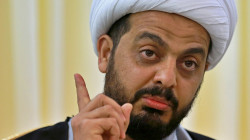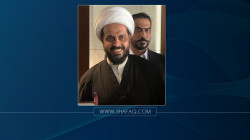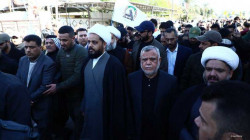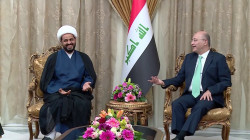Al-Khazali calls for holding "joint caravans" during Arbaeen to signal Shiite unity
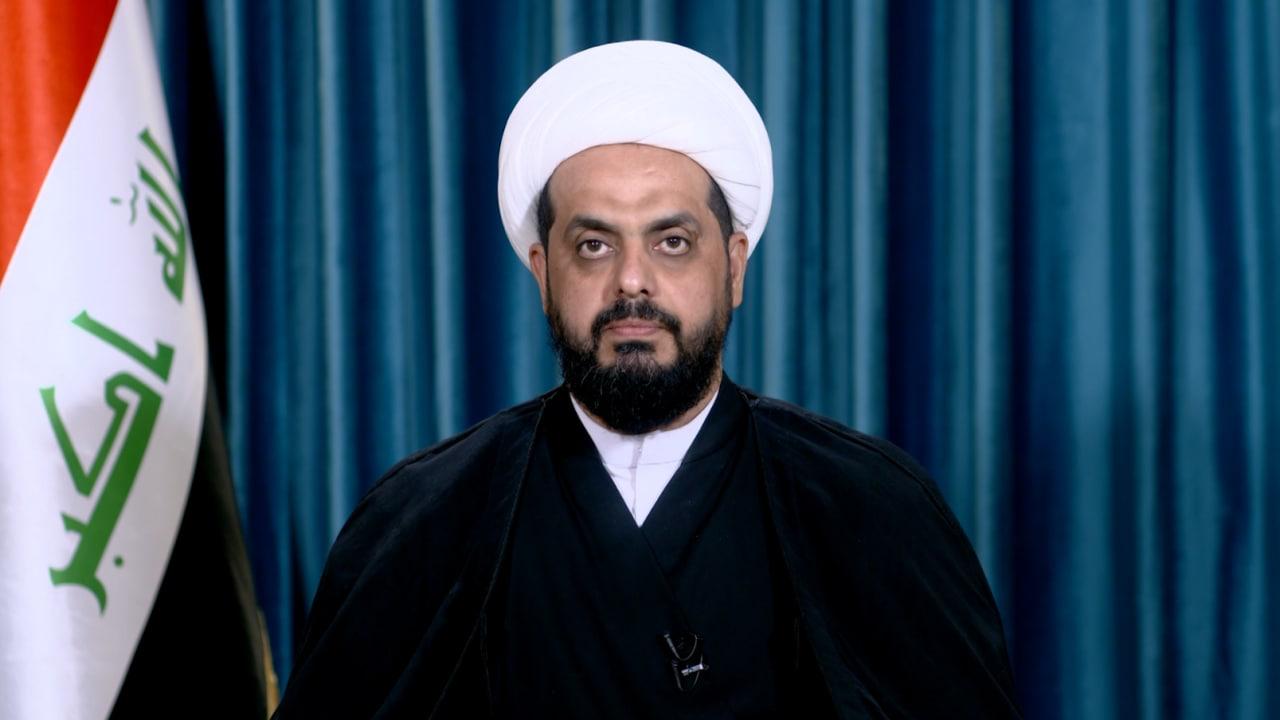
Shafaq News/ The leader of the Asa'ib Ahl al-Haq movement, Qais al-Khazali, on Wednesday called for establishing "joint caravans" between the supporters of rival Shiite parties during the Arbaeen pilgrimage; a Shiite ritual held the Shiite Muslims hold annually forty days after Ashura.
In a tweet he posted earlier today, al-Khazali, a Shiite cleric and a leader of a main member party of the Coordination Framework, urged the Iraqis to "abandon differences" and avoid "strained statements and tense attitudes between the people of the same country and the followers of the same doctrine."
Al-Khazali called for abiding by the commandments of Ahl al-Bayt, the family of Prophet Mohammed, and the senior Shiite clerics, "and leaving all the titles and affiliations behind, by holding joint caravans and serving the visitors of Imam Hussein together."
Earlier today, the head of al-Fatah alliance, Hadi al-Ameri, on Wednesday urged the leaders of the political parties in Iraq to tone down their rhetoric and pursue a moderate discourse ahead of the Arbaeen anniversary.
"The love of Hussein brings us together... The love of Hussein unites us," al-Ameri said in a statement, "with the Arbaeen around the corner... I appeal to all the brotherly leaders and political forces to declare political and media silence, pursue a moderate discourse that converges and does not diverge... and refrain from making statements that spur resentment, hatred, and grudge."
The Shiite leader called for joining efforts to" ensure the success of the Arbaeen pilgrimage, restore fraternity between the people of the same country and doctrine, and the sons of the two Sadrs"; in reference to the revered Shiite clerics, Mohammad Sadiq and Mohammad Baqer al-Sadr.
The deadly fighting in Iraq's capital city, Baghdad, appears to have subsided, after the figure at the centre of the crisis told his supporters to end their protests.
Hundreds of people who had been camped outside parliament in Baghdad for weeks dispersed as instructed by influential Shiite cleric, Muqtada al-Sadr.
On Monday, at least 23 of his followers were killed in clashes with security forces and militias aligned with Iran. The violence erupted after al-Sadr announced he had had enough with politics in Iraq.
His announcement followed months of deadlock over the formation of a new government. Observers said al-Sadr's move might be tactical, having declared his political retirement more than once before.
Al-Sadr's bloc won a landslide victory in the parliamentary elections last October, but he failed to form a government that excludes his rivals in the Coordination Framework; a coalition with the second largest bloc, comprised mainly of Iran-backed Shiite parties.

